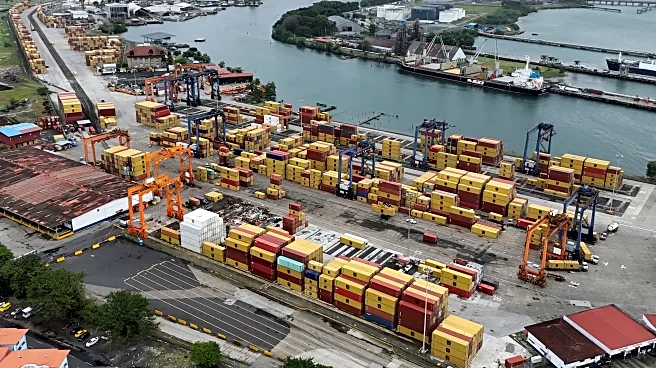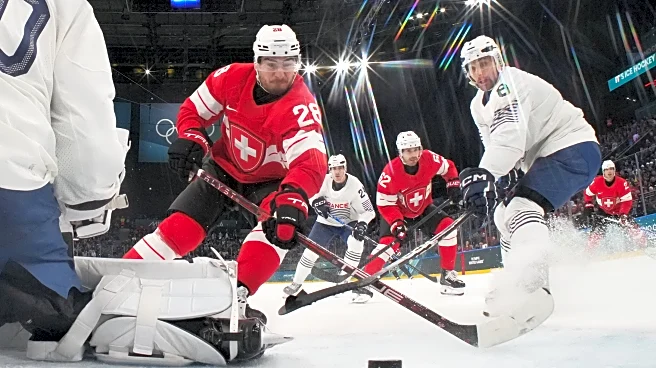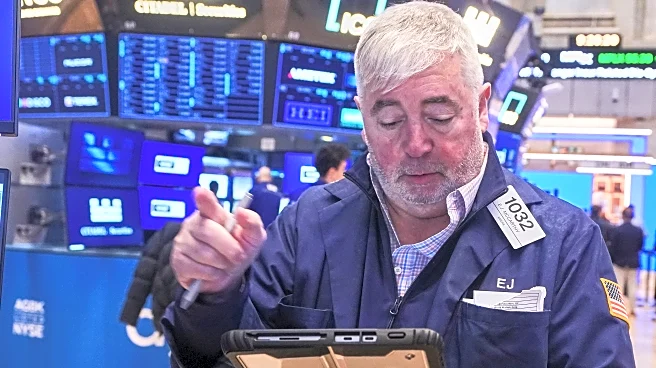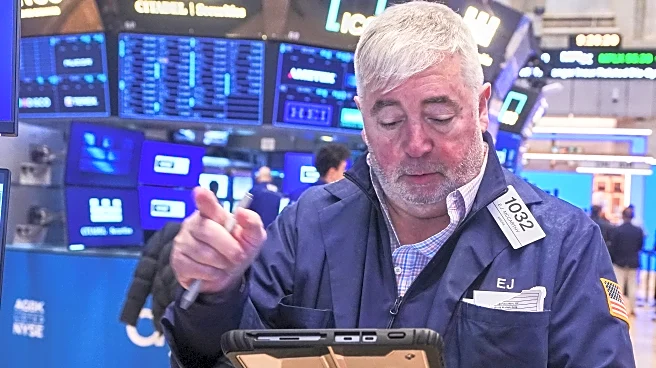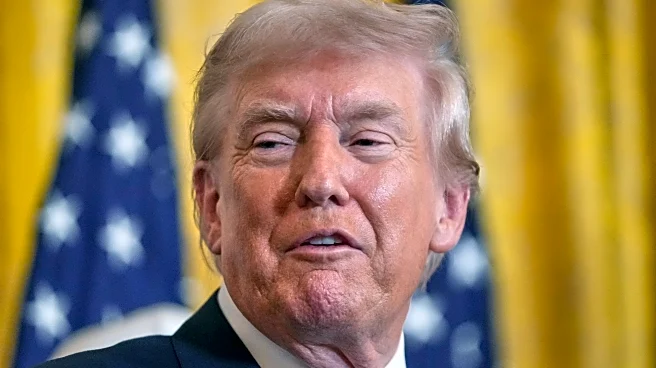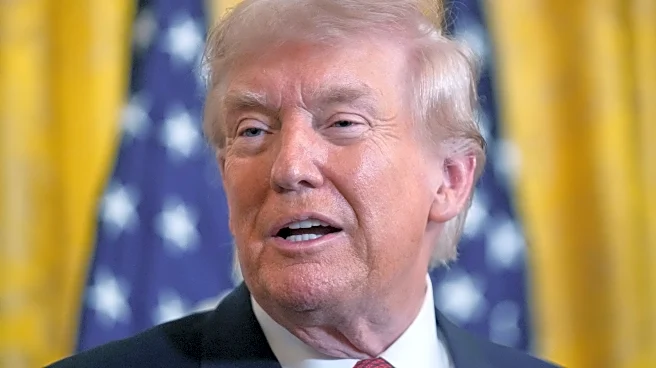What's Happening?
FIFA is considering expanding the number of teams participating in the 2029 Club World Cup from 32 to 48. This proposal includes two potential formats: one that expands the tournament to 48 clubs and another that increases the number of playoff matches to avoid calendar congestion. Additionally, FIFA is contemplating shifting the tournament to a biennial schedule starting in 2029, rather than its current four-year cycle. The organization has already informed continental federations of its intentions, with potential hosts for the tournament including Spain and Morocco, both of which will host the World Cup in 2030.
Why It's Important?
The expansion of the Club World Cup could have significant implications for global football, increasing opportunities for clubs worldwide to participate in a prestigious tournament. This move may enhance the visibility and competitiveness of clubs from smaller footballing nations, potentially leading to increased revenue and development opportunities. However, it could also lead to scheduling challenges and increased player fatigue, as clubs navigate a more congested calendar. The shift to a biennial schedule may further impact international football dynamics, influencing how clubs and national teams manage player commitments.
What's Next?
FIFA's proposal will likely lead to discussions among football federations and clubs regarding the logistics and implications of the expanded tournament format. Stakeholders will need to consider the impact on player welfare, scheduling, and commercial opportunities. The decision on the final format and schedule will require consensus among FIFA, continental federations, and clubs, with potential adjustments to existing football calendars.
Beyond the Headlines
The expansion of the Club World Cup may also influence the global football hierarchy, providing a platform for emerging clubs to showcase their talent on an international stage. This could lead to shifts in player transfers and scouting, as clubs seek to strengthen their squads for increased competition. Additionally, the tournament's expansion may drive further investment in football infrastructure and youth development programs in host countries.


